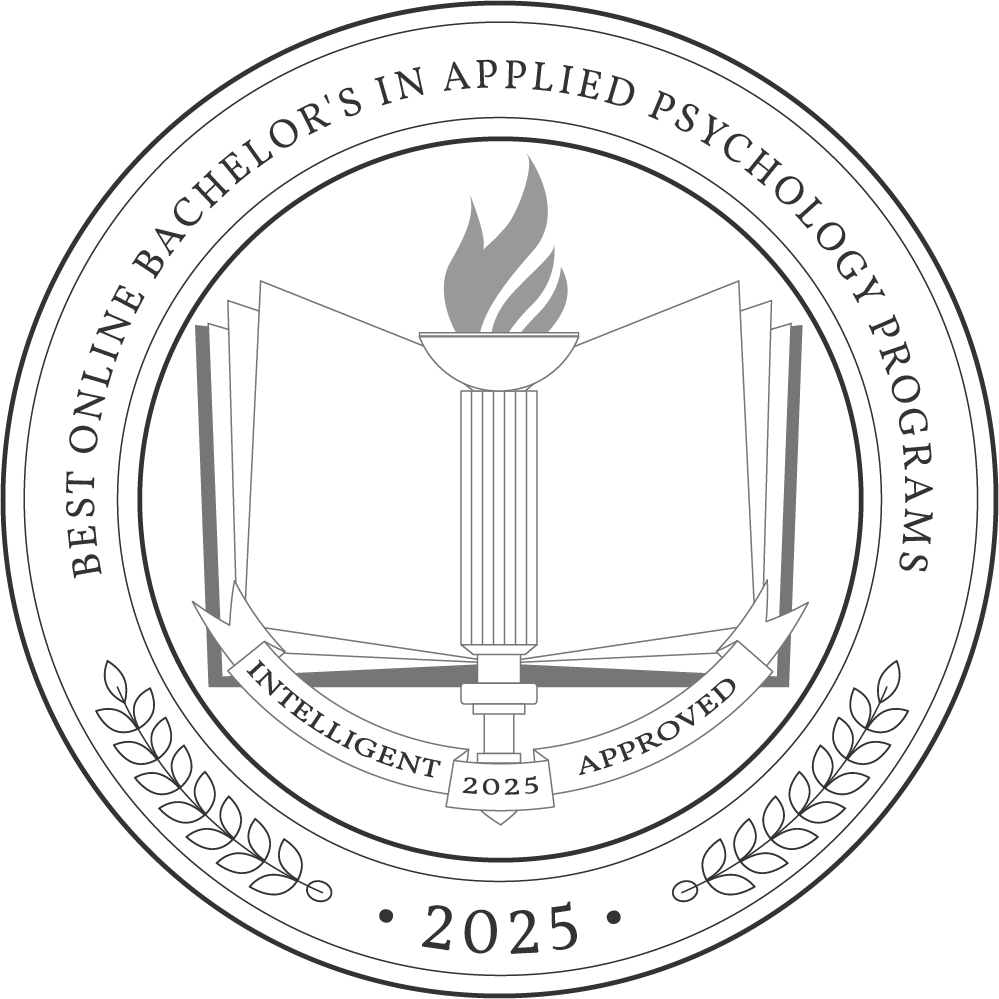If you’re looking for a flexible way to earn your bachelor’s in applied technology, an online program can get you there. Whether you’re just starting out or planning to transfer in, these degrees allow students to effectively balance their education with other responsibilities — like a full-time job or raising a family.
Upon graduation, you’ll be ready to pursue roles such as substance abuse or mental health counselors, who earn a median salary of $53,710; social workers, who earn a median salary of $58,380; or HR specialists, who make a median salary of $67,650.
With an average annual tuition of $14,688 and an average completion timeline of three to four years, your ideal career is right around the corner.
Why Trust Us
The Intelligent.com Higher Education Team is dedicated to providing students with independent, equitable school and program rankings and well-researched resources. Our expert-driven articles cover topics related to online colleges and programs, paying for school, and career outlooks. We use data from the U.S. Department of Education’s College Scorecard, the National Center for Education Statistics, and other reputable educational and professional organizations. Our academic advisory team reviews content and verifies accuracy throughout the year for the most current information. Partnerships do not influence rankings or editorial decisions.
- Analyzed over 2,000 national, accredited, and nonprofit colleges and universities
- 800+ rankings pages are reviewed and updated yearly
- Content is informed by reputable sources, surveys, and interviews with academic advisors and other experts
- Over 100 data points are reviewed for accuracy and quality throughout the year, including sources
How we rank schools
Our list features the best online Applied Psychology degree programs at top colleges nationwide. Each school featured is a nonprofit, accredited institution — either public or private — with a high standard of academic quality for post-secondary institutions.
We evaluated each school’s program on tuition costs, admission, retention and graduation rates, faculty, reputation, and the student resources provided for online students. We collected data from trusted sources like the National Center for Education Statistics, individual school and program websites, school admissions counselors, and other data sources. Then, we calculated the Intelligent Score on a scale of 0 to 100 based on the following criterion:
Academic Quality:
- Admission rate versus enrollment rate
- Retention rate of students who return after year one
- Accreditation status (regional and programmatic)
- Nonprofit status, both private and public institutions
Graduation Rate
- Overall graduation rate
- Total number of currently enrolled students, including diversity metrics
- Student-to-faculty ratio
Cost and ROI
- In-state and out-of-state per-credit tuition rates and fees
- Required credits to graduate
- Earning potential after graduation
- Availability of federal student loans, scholarships, and other financial aid options
Student Resources
- Available student services for online-only and hybrid programs
- On-campus amenities like tutoring centers and the number of libraries
Read more about our ranking methodology.
Best 7 Accredited Online Bachelor’s in Applied Psychology Programs
FiltersInstitution Type
Status
- Intelligent Score
- Alphabetically By University Name
- Acceptance Rate
- Enrollment
- In-state Graduate Tuition
- Out-of-state Graduate Tuition
- In-state Undergraduate Tuition
- Out-of-state Undergraduate Tuition
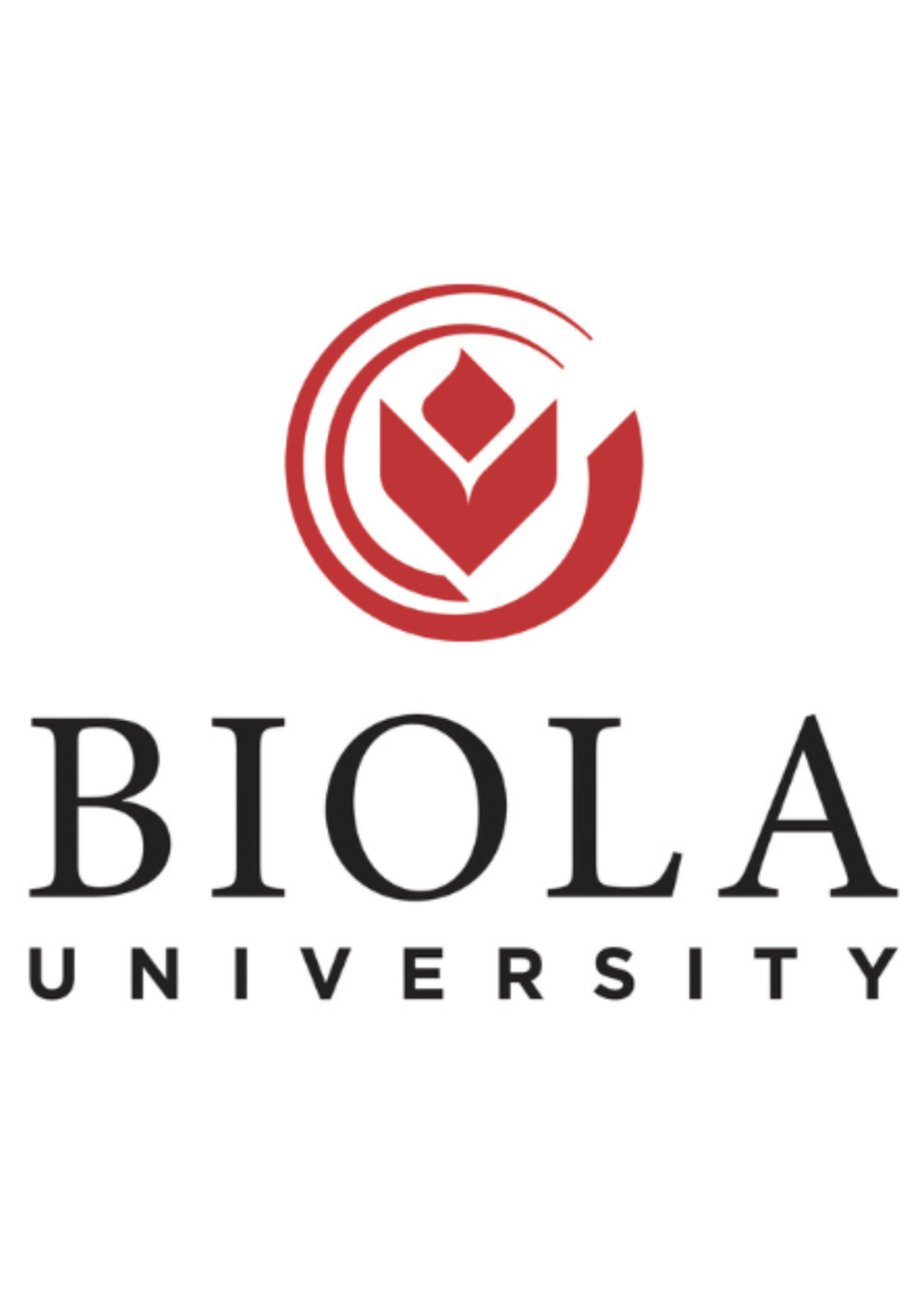
Biola University
Intelligent Score: 99.90In-state: $43,512
Out-of-state: $43,512
In-state: $11,772
Out-of-state: $11,772
SAT: 1070-1290
ACT: 22-29
$425
Online
WASC Senior College and University Commission
120
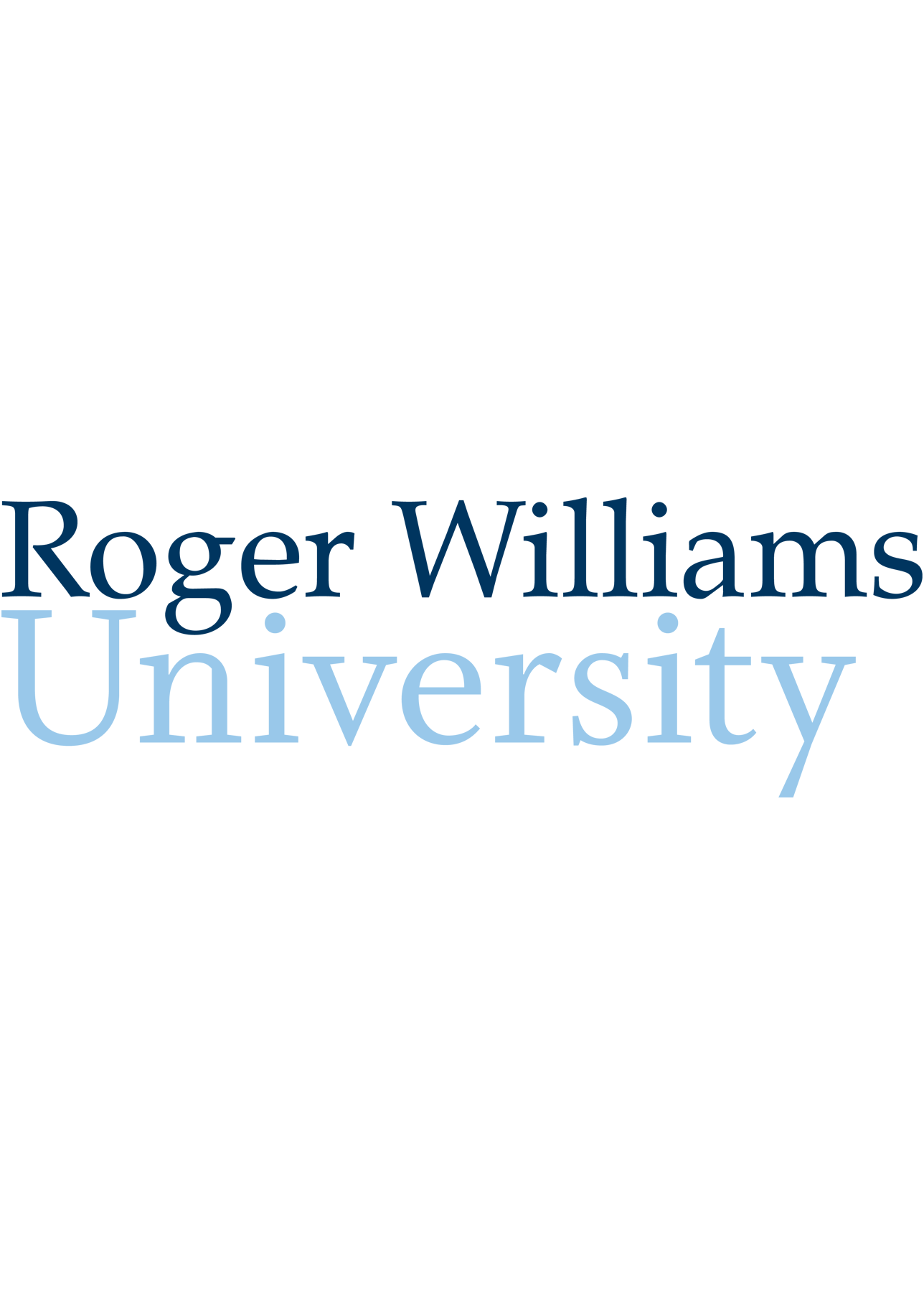
Roger Williams University
Intelligent Score: 98.66In-state: $34,402
Out-of-state: $34,402
In-state: $17,016
Out-of-state: $17,016
SAT: N/A
ACT: N/A
$433
Online, Hybrid
New England Commission of Higher Education
120
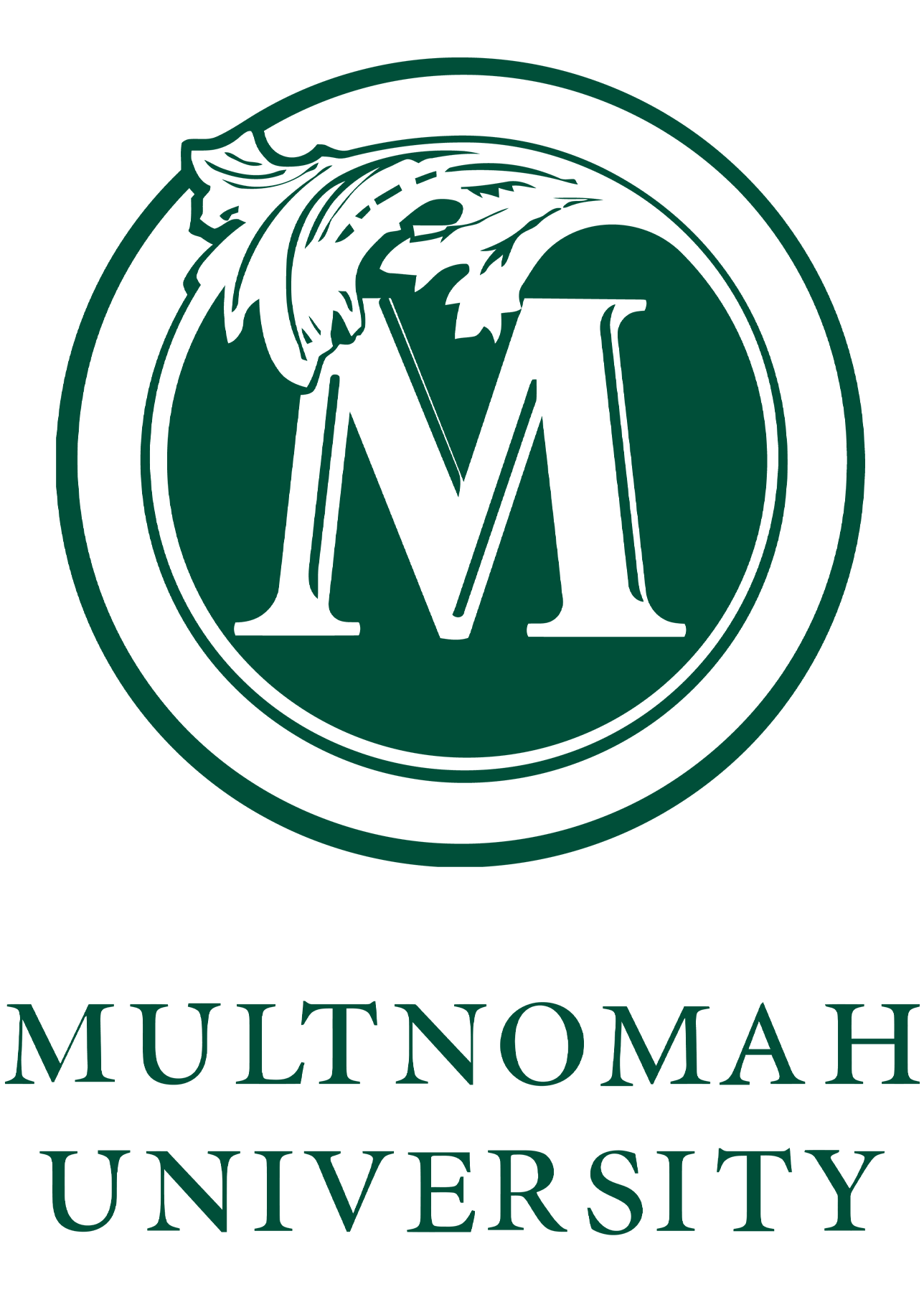
Multnomah University
Intelligent Score: 96.98In-state: $27,370
Out-of-state: $27,370
In-state: $13,920
Out-of-state: $13,920
SAT: N/A
ACT: N/A
$375
Online
Northwest Commission on Colleges and Universities
120
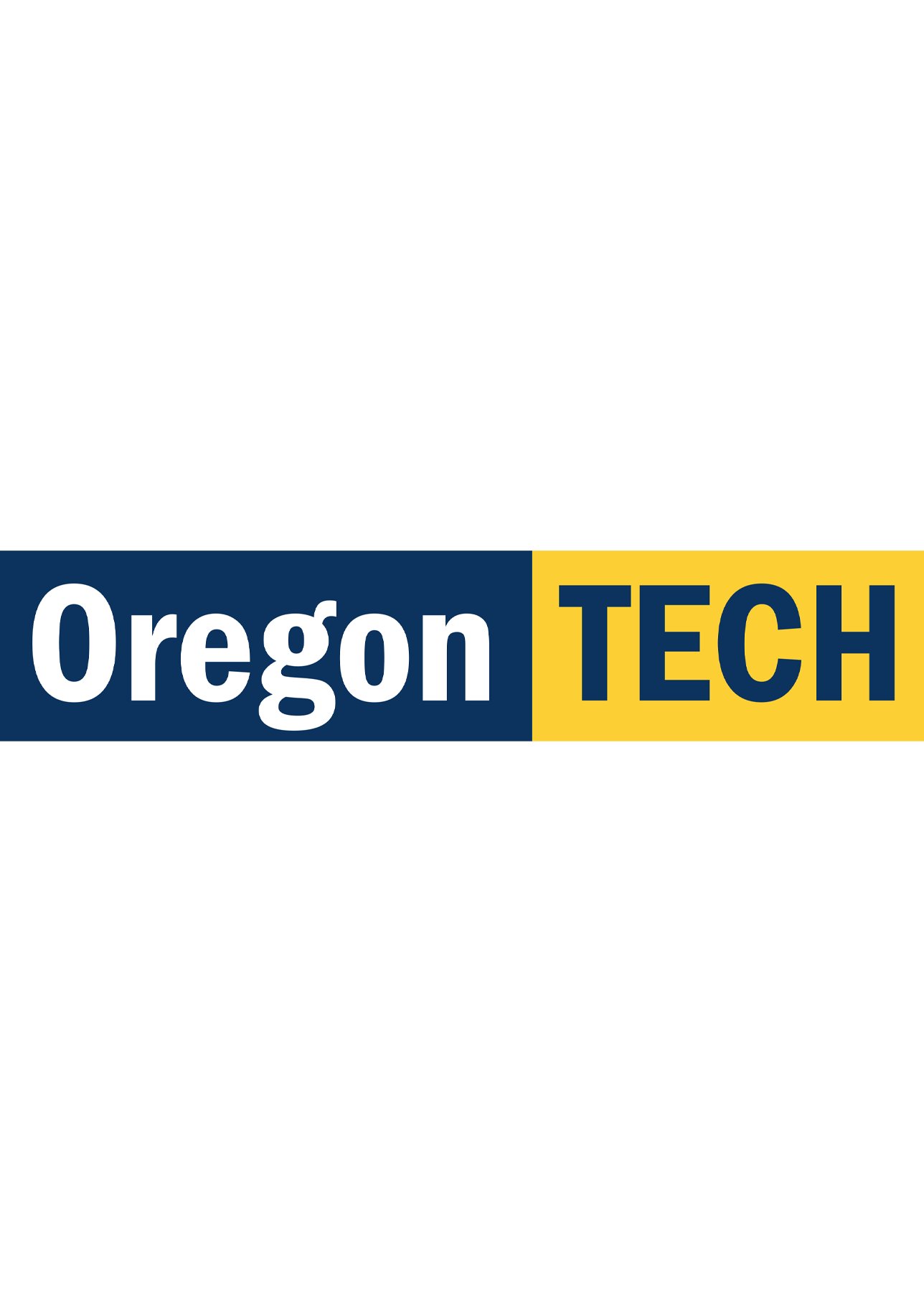
Oregon Institute of Technology
Intelligent Score: 94.97In-state: $9,212
Out-of-state: $29,322
In-state: $12,713
Out-of-state: $12,713
SAT: 990-1200
ACT: 20-27
$308
Online
Northwest Commission on Colleges and Universities
180
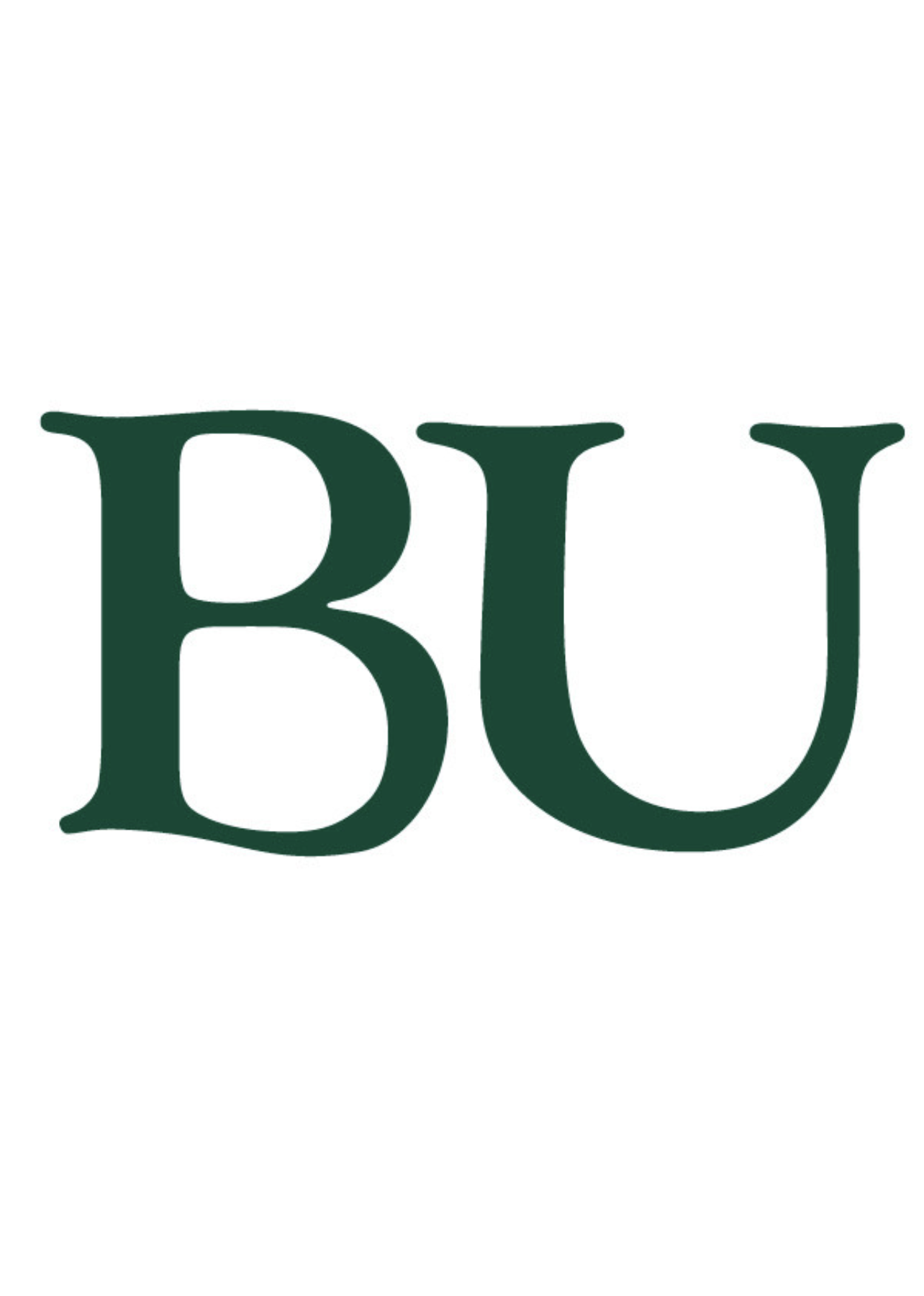
Belhaven University
Intelligent Score: 93.05In-state: $26,650
Out-of-state: $26,650
In-state: $10,350
Out-of-state: $10,350
SAT: 995-1135
ACT: 19-23
$435
Online
Southern Association of Colleges and Schools Commission on Colleges
124
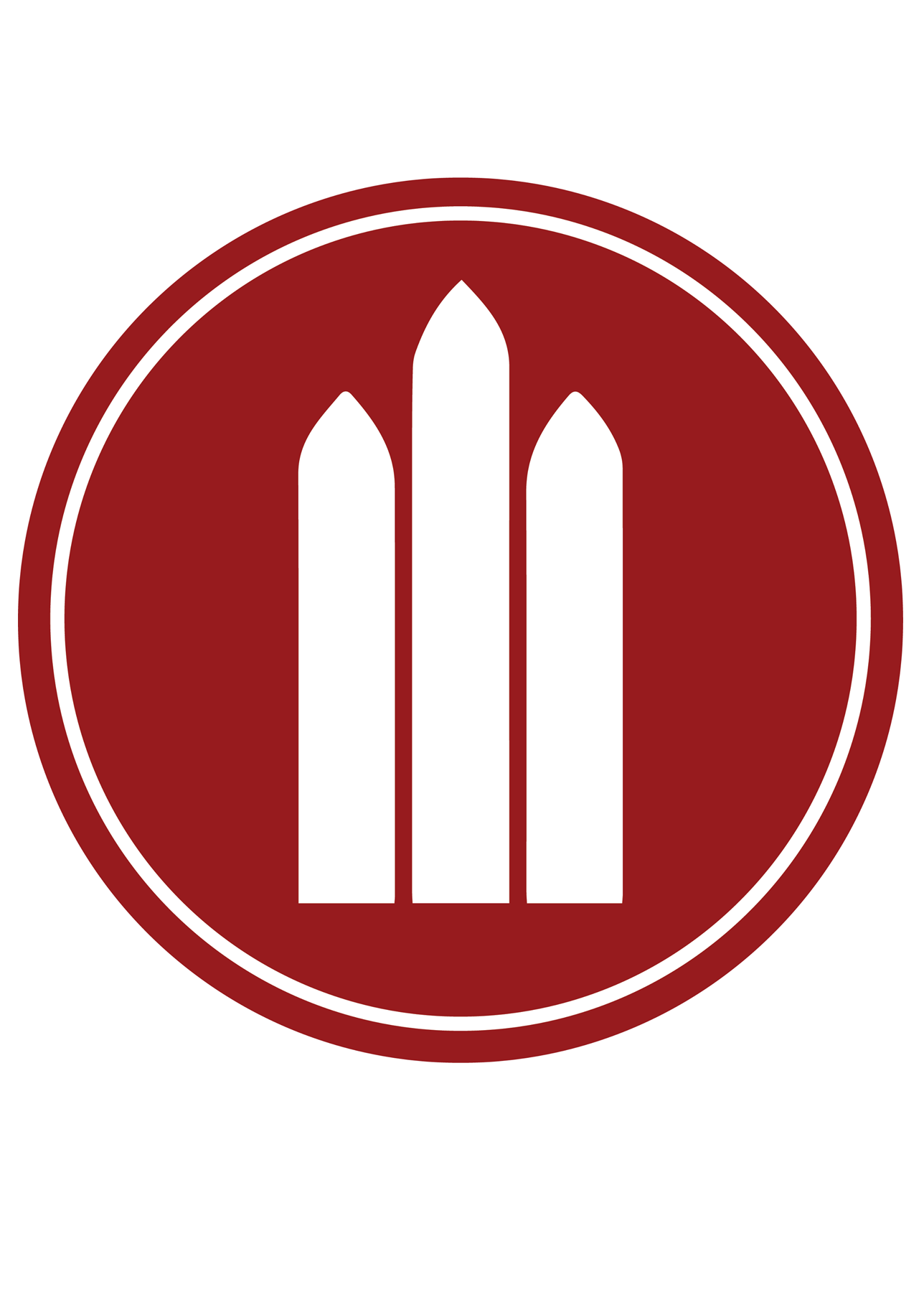
Bryan College
Intelligent Score: 91.83In-state: $16,900
Out-of-state: $16,900
In-state: $9,630
Out-of-state: $9,630
SAT: N/A
ACT: N/A
$395
Online
Southern Association of Colleges and Schools Commission on Colleges
120
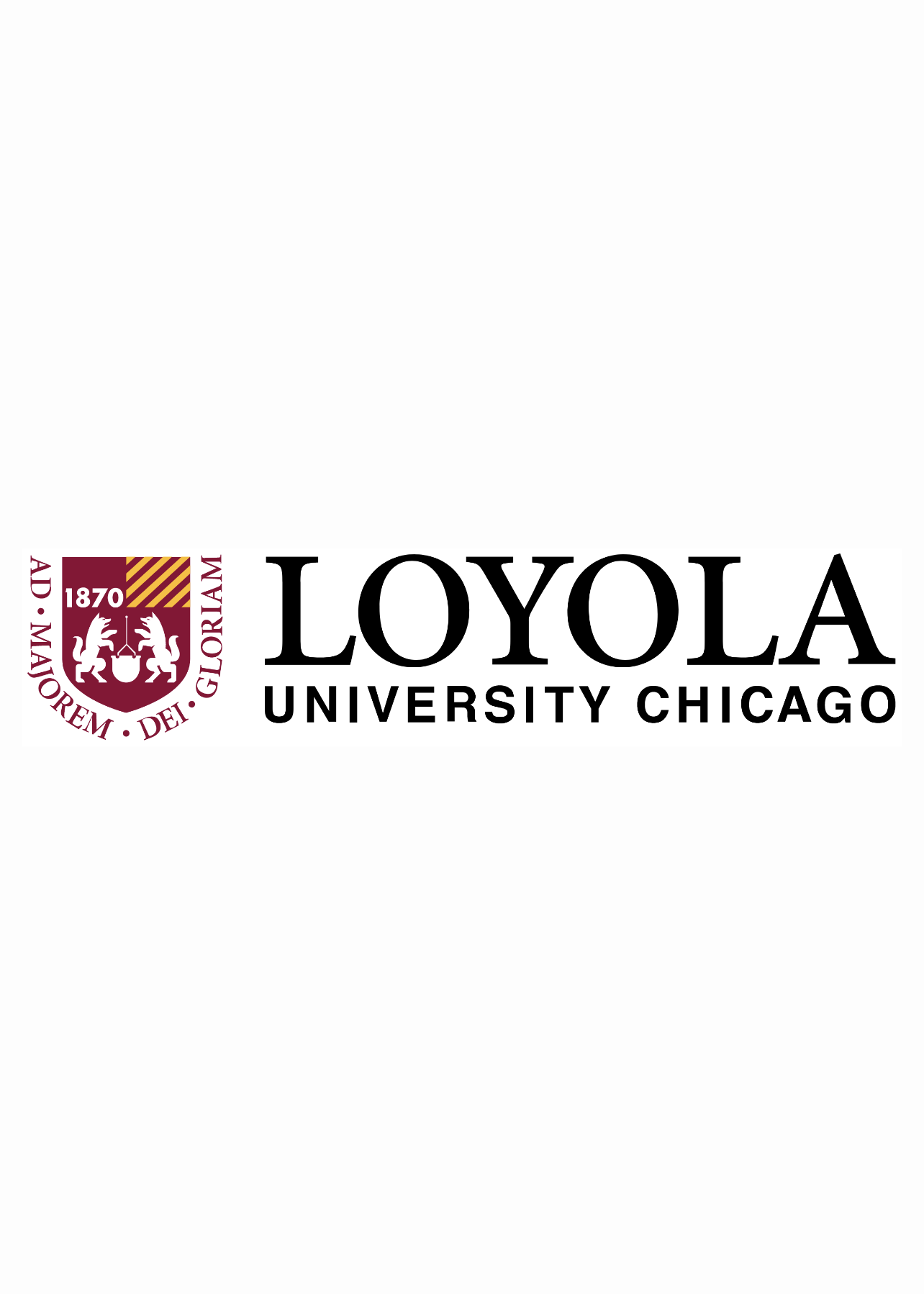
Loyola University of Chicago
Intelligent Score: 90.91In-state: $45,500
Out-of-state: $45,500
In-state: $18,594
Out-of-state: $18,594
SAT: 1130-1330
ACT: 25-31
$790
Online
Higher Learning Commission
120
How to Choose an Online Bachelor’s in Applied Psychology Program
Choose your area of study
While applied psychology is already relatively niche, you can further align your studies with your career goals by choosing a specialization.
For example, those interested in mental health counseling or therapy will thrive in clinical psychology, while students aiming to work in HR will excel in industrial-organizational psychology. Additionally, those fascinated by the intersection of psychology and the legal system may enjoy concentrating in forensic psychology, and students wanting to focus on the psychological aspects of health and wellness may prefer health psychology.
Choosing the right specialization will help you develop targeted skills and knowledge for your intended career path, ultimately setting yourself up for success.
Research schools and programs
With your intended specialization in mind, you can begin researching schools and programs in earnest. Consider using the following questions to guide your research:
- Is the curriculum relevant to my career goals?
- What are the faculty’s qualifications and experience in my area of interest?
- What support services are available for online learners?
- Are there opportunities for internships or practical experiences?
Most of this information is available on school websites, but many students also benefit from speaking with an admissions counselor or attending a virtual open house.
Prepare for tests and applications
You’ll likely have a shortlist of schools you’d like to apply to by this point. Start by requesting transcripts and letters of recommendation early, as these documents can take time to gather and are crucial for your application. Be sure to dedicate ample time to writing your personal statements or essay responses — this allows the admissions committees to understand your personality and goals for the program beyond grades and test scores.
Lastly, consider enrolling in a test prep program for the SAT or ACT if standardized test scores are required. This can significantly improve your scores and strengthen your application overall.
Select your program
Once acceptance letters arrive, you may have a big decision to make. Revisit your initial research criteria, evaluating how each program meets your priorities. This might include curriculum relevance, the faculty you’ll learn from, and support services for online learners.
Then, reassess the total cost of attendance, comparing it with any financial aid offers. This will ensure that you’ll make a well-informed decision and that the program suits your academic goals and financial situation.
Determine how you’ll pay for your degree
Now that it’s time to determine how you’ll pay for your degree, file the FAFSA to access federal financial aid. Additionally, apply for institutional scholarships and grants, as these don’t need to be repaid and can significantly offset costs.
If you’re seeking part-time work, consider work-study programs offering resume-boosting part-time employment. Those currently employed may be eligible for tuition reimbursement through their employer.
Use federal loans only to bridge financial gaps. This will help keep any loans you need to take out minimal so that you avoid accumulating debt.
What Can You Expect From an Online Bachelor’s in Applied Psychology Program?
An online bachelor’s in applied psychology offers an all-encompassing understanding of psychological principles and their practical applications. These programs typically include courses on human behavior, research methods, psychological assessment, and intervention strategies. Unlike traditional psychology degrees that may focus more on theory and research, applied psychology emphasizes real-world problem-solving skills in different settings — including business, healthcare, and social services.
Many programs are designed as transfer programs, allowing students to complete their degrees in two to three years, depending on transferred credits and individual pace. The flexible, fully online format is ideal for working professionals or those with significant responsibilities, enabling them to balance their studies with their personal and professional lives. Upon graduation, students will be well-equipped for careers in counseling, human resources, and organizational development or for pursuing further education in psychology.
Potential courses you’ll take in an online bachelor’s in applied psychology program
- Psychology of Personality: Often considered a core requirement, this course explores theories and research on personality development and individual differences. Students will learn about significant personality frameworks, such as the Big Five traits, and how these influence behavior, emotions, and social interactions.
- Understanding Trauma and PTSD: Usually an upper-level course, this class delves into the psychological impact of trauma and the development of Post-Traumatic Stress Disorder (PTSD). Curricula typically cover symptoms, diagnostic criteria, and evidence-based treatment approaches, providing students with skills to support individuals affected by trauma.
- Social Psychology: This course examines how the presence of others influences people’s thoughts, feelings, and behaviors. Topics may include social perception, group dynamics, and interpersonal relationships, each providing insights into social influences and their effects on human behavior.
- Behavior and Stress Management: In this course, students learn techniques for managing stress and modifying behavior to improve mental health and well-being. The curriculum covers stress assessment, coping strategies, and behavioral interventions, preparing students to help others develop healthy habits and resilience.
Online Bachelor’s in Applied Psychology Degree Frequently Asked Questions
How do I apply to an online bachelor's in applied psychology degree program?
While some programs may have a few specific requirements, many share a similar set of criteria, including the following:
- Official transcripts from all previously attended institutions
- Resume or CV
- Personal statement or essay
- Letters of recommendation
- SAT or ACT scores, if required
Before applying, it’s crucial to speak with an admissions counselor. They can provide additional information about the program, help you understand transfer credit policies, and guide you through the application process to make sure you meet all requirements.
How much does an online bachelor's in applied psychology degree cost?
According to the most recent data from the National Center for Education Statistics, the average annual tuition for an undergraduate degree is $14,688. However, this figure will vary by institution.
It’s also essential to prepare for extra expenses, like technology fees, textbooks, and course materials, which are often not included in tuition and can add up over time. Always check with a financial aid counselor from your school for accurate pricing.
How long does it take to earn an online bachelor's in applied psychology degree?
Earning this degree takes three to four years for full-time students, while part-time students may take longer — often four to six years — depending on their course load each term. Be sure to double-check total credit requirements, as these can vary by program and affect completion timelines. Generally speaking, the more credits required, the longer it’ll take to complete your degree.
